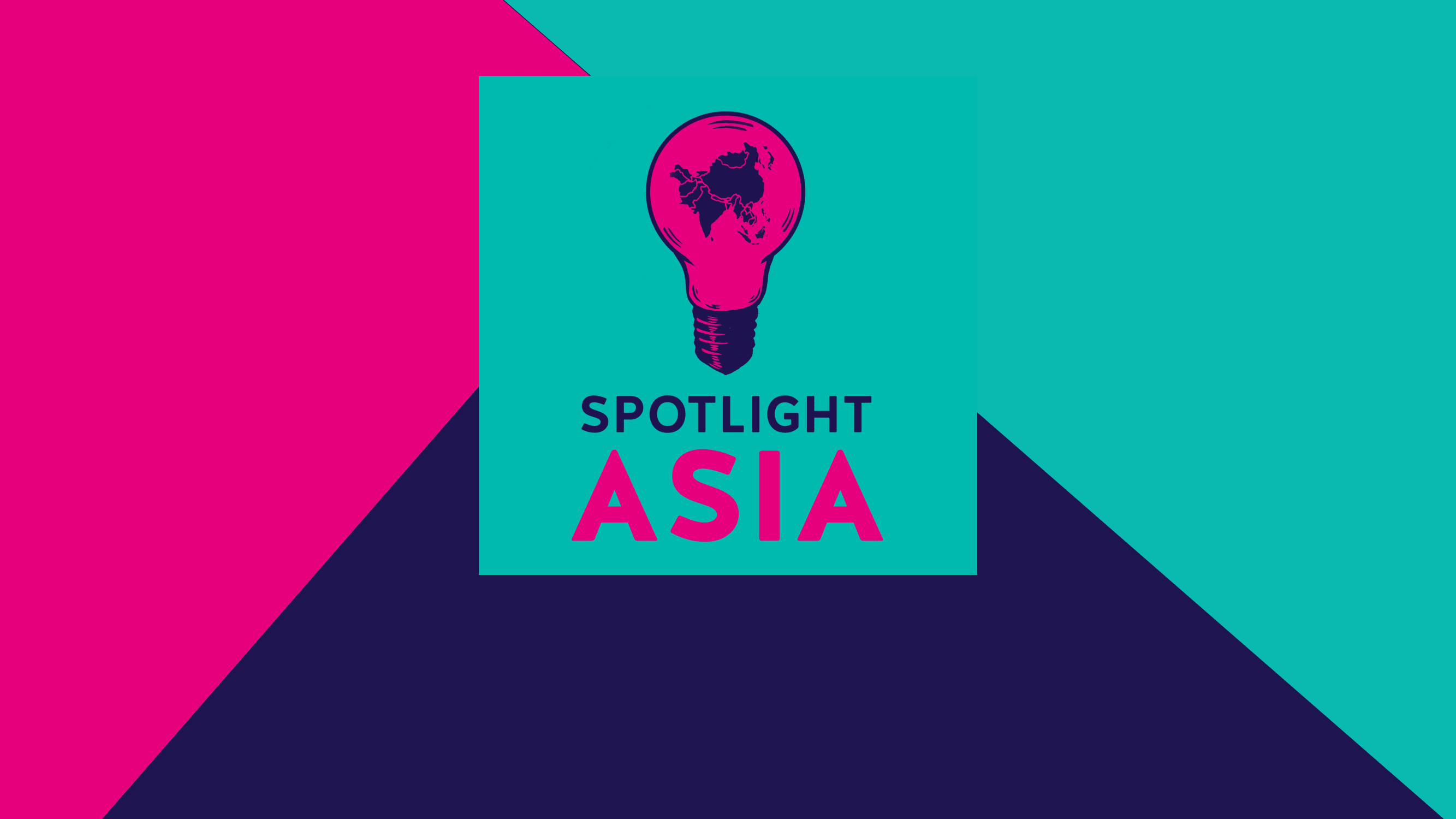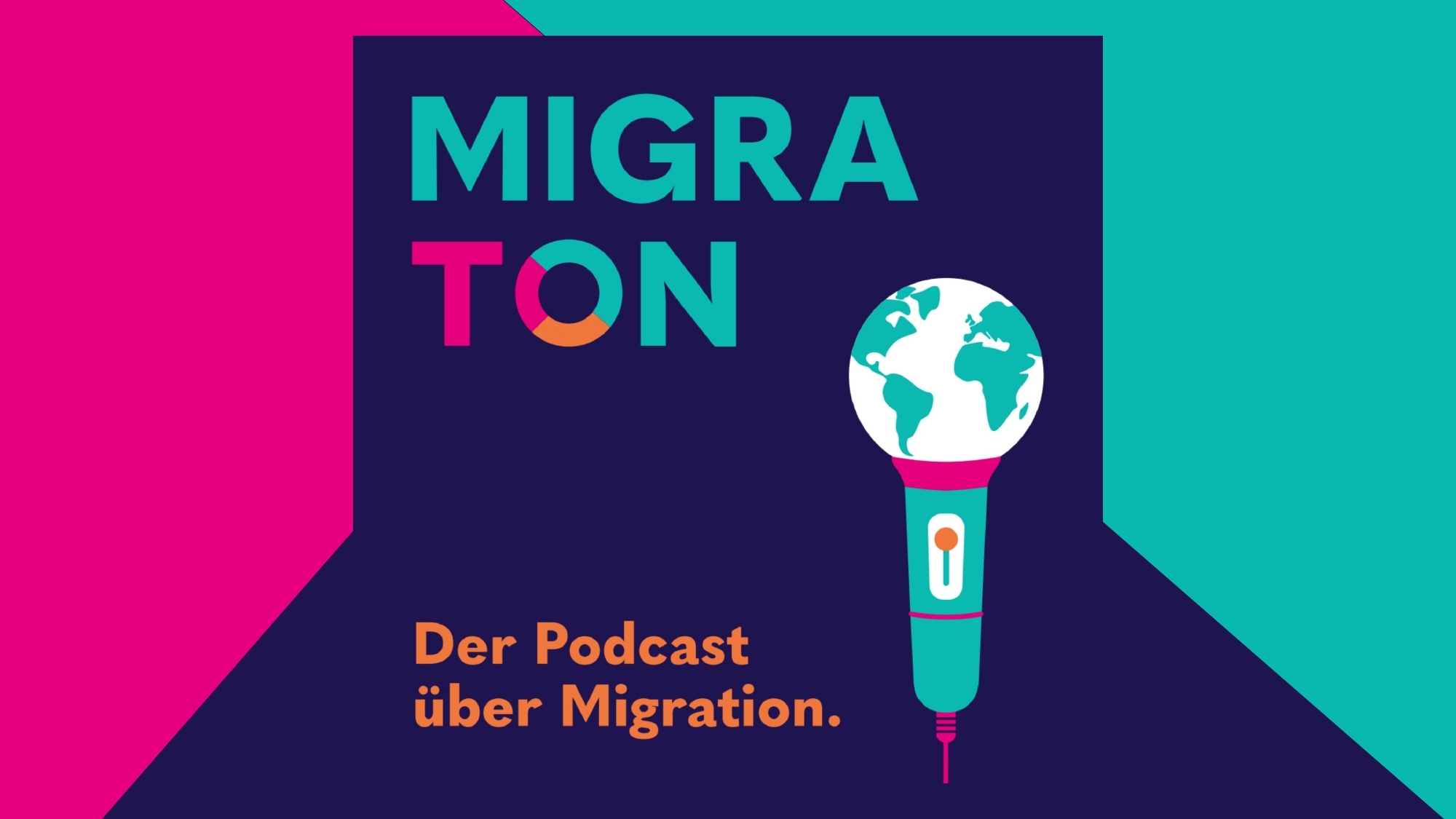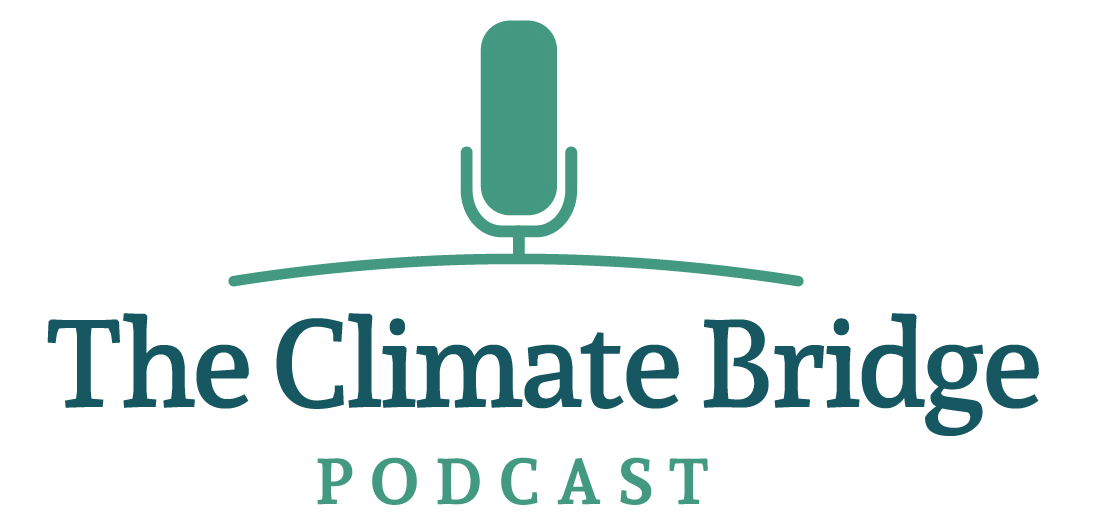VERSCHOBEN/POSTPONED! Feminist Foreign Policy in Times of Zeitenwende: Germany’s Policy on Arms Exports to Saudi Arabia
** VERSCHOBEN** Leider müssen wir das Event verschieben. Neues Datum: 03.09.2024
**POSTPONED** We are sorry to have to postpone this event. New date: 03.09.2024
Reaching a record high of at least 11.71 billion Euros in 2023, Germany’s recent surge in arms exports raises critical questions about the compatibility of such practices with its proclaimed feminist foreign policy. Notably, amidst this peak, Germany resumed arms sales to Saudi Arabia due to the country’s changed strategic importance in the conflict in the Middle East; yet this was a controversial move due to the country’s human rights record and involvement in conflicts such as the Yemen intervention. The paradox intensifies as Germany also champions feminist foreign policy initiatives, emphasizing combating gender-based violence in armed conflicts and ‘humanitarian arms control’.
How do German arms exports to countries like Saudi Arabia align with feminist foreign policy objectives? Do arms exports inherently contradict feminist foreign policy principles? How do the gender-sensitive approaches to arms control and arms export control mentioned in Germany’s feminist foreign policy guidelines apply to Saudi Arabia? Considering arms exports, how far have the German guidelines changed – also in and due to the Zeitenwende?
These questions are complex and multifaceted. While arms exports can be framed as defensive measures to protect both nations and civilian populations, they can also perpetuate gendered power dynamics and stereotypes. Views on arms exports within feminist frameworks vary, ranging from outright rejection of all forms of weapon violence to demands for greater transparency, ethical guidelines, and gender-sensitive impact analyses. From a strategic defence perspective, arms exports are an important tool for maintaining defence industries, pursuing foreign policies and collaborating with European partners in the manufacturing of joint projects.
The Polis180 programmes Gender and International Politics and European Security and Defence Policy warmly invite you to a virtual panel discussion based on short inputs followed by an exchange of views to critically examine Germany’s arms exports to Saudi Arabia and how this aligns with its feminist foreign policy. Our Panelists will provide insights into the policy landscape, ethical considerations, and potential impacts of these exports on gender dynamics and human rights.
We are happy to welcome
tba
to this event.
Please register using the form on this page. Shortly before the meeting we will send you the zoom link at the given email address. The event will take place in English.
Polis180 is a grassroot’s think tank for foreign and European policy. It was founded in June 2015 by a group of committed young people with diverse backgrounds and political standpoints. We now count over 600 association members. We aim to be the most innovative think tank and talent factory of and for young experts and enable them as an inclusive platform to significantly influence foreign and European policy decisions. With our projects, we offer young people the opportunity to formulate and specify their political demands and to present them to decision-makers.
Contact
Linda Müller – Co-Head of Program Gender and International Politics (linda.mueller@polis180.org)
Organizers
Linda Müller, Noah Heinemann, Lena Wittenfeld, Lara Franken & Justus Pochhammer
Melde dich an, wenn du bereits ein Konto bei uns hast.


